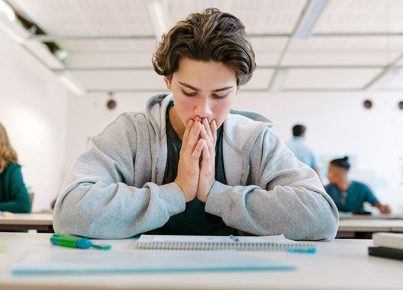In Part 1 of this series, we explored the importance of developing social skills in pupils to enhance their teamwork abilities. In this second installment, we will delve into practical strategies and techniques that educators can use to nurture these skills and create an environment where effective collaboration thrives.
1. Establishing Clear Expectations and Group Goals
One of the key elements in fostering teamwork is setting clear expectations for group work from the onset. Educators should define specific goals for each group project, ensuring that all pupils understand their roles and responsibilities. These guidelines provide a clear framework for their interactions and encourage them to work towards a common purpose.
2. Encouraging Active Listening
Active listening is essential to effective communication within a team. Teachers can create opportunities for students to practice active listening through role-playing exercises, and by encouraging them to ask follow-up questions or summarize what others have shared during discussions. This listening skill allows pupils to build empathy and ensures that everyone’s ideas are genuinely considered.
3. Facilitating Constructive Feedback
Learning how to provide and receive constructive feedback is an invaluable skill in any collaborative process. Teachers should model appropriate language and behavior, showing their students how to constructively critique ideas without attacking the individual presenting them. Encouraging open-mindedness amongst group members creates a respectful environment where everyone feels comfortable sharing thoughts and concerns.
4. Teaching Conflict Resolution Techniques
Recognizing that conflicts are bound to arise in any group setting, educators must prepare their students how to approach disagreements constructively. Introducing strategies such as active listening, generating alternative solutions, and practicing empathy can prepare students to navigate through conflicts effectively while maintaining a positive group dynamic.
5. Employing Collaborative Learning Activities
Teachers who regularly incorporate collaborative learning activities with diverse pupil groups allow students to experience firsthand the benefits of teamwork. Cross-curricular projects or cooperative learning exercises paired with explicit skill instruction provide a well-rounded approach to developing social skills.
6. Fostering Reflection and Self-Awareness
Encouraging students to reflect on their personal strengths and weaknesses in teamwork situations can help them become more self-aware team members. Teachers might ask pupils to evaluate their participation in group projects, considering areas for improvement, or highlighting successes.
7. Creating a Supportive Classroom Culture
Finally, it’s crucial for educators to create an open and supportive classroom environment where pupils feel valued and understand the importance of working together. This includes praising collaborative efforts, celebrating achievements, and reinforcing the benefits of learning from one another.
In conclusion, nurturing social skills is crucial for promoting effective teamwork among pupils. By incorporating these strategies into their teaching practices, educators can equip their students with the essential tools required to collaborate productively and achieve success both inside and outside the classroom.





